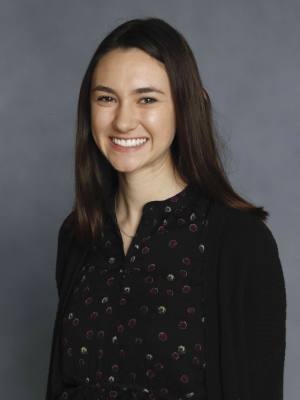Following parents' concerns last year, Leander ISD began a literature review process in November with teachers, parents and staff members to examine books allowed in high school book clubs.
The LISD Community Curriculum Advisory Committee had completed three of eight review cycles as of the March 15 meeting. Books can be kept, removed from book clubs or require additional review for support. These are the district’s outcomes for the finished cycles:
- Cycle 1: 11 books were kept, three were removed and one was pulled pending further review
- Cycle 2: 13 books were kept and two books were pulled pending further review
- Cycle 3: 12 titles were kept and three titles were removed
Books pending further review include “The Nowhere Girls,” “My Friend Dahmer” and “Speak: The Graphic Novel.”
Chief Academic Officer Matt Bentz said the student-choice book clubs do not replace the English curriculum. Bentz said there will be a public, published list and description of book titles in the future. He said there will be a method for parents to work with teachers to ensure comfortable titles for their students are available.
“Student-choice book clubs are meant to supplement our curriculum with more independent reading and student choice—not supplant it,” Bentz said.
Bentz also said the district’s commitment is to develop a “detailed, step-by-step literature selection process that involves our parents.” Involvement opportunities are guaranteed, he said.
Assistant Superintendent for Curriculum Jennifer Collins said the district’s next steps are to continue review cycles, develop instruction policies with the board of trustees, improve the parent communication plan and create a website with more information on the English-Language Arts program.
Collins said the district is trying to tighten its parent communication to make sure its process is followed. Collins said parents can become involved in the review process by emailing her at [email protected].
Potential policy changes were not presented March 26. Bentz said the district leaders do not want to get policy wrong or rush with ideas that are not well thought out.
Superintendent Bruce Gearing said the process to choose materials overlooked some explicit materials that he said should not be in the hands of students. He said the district owned its mistake Nov. 5. Gearing said there needs a balance of including diverse book titles while keeping out explicit sexual content.
“In my opinion, the policy is crafted correctly. We didn’t execute correctly. We’re fixing that, and as we go forward we’ll certainly bring that back for conversation,” Gearing said. “But I do think we need to be careful about being too specific in policy as we go forward."
Board member Jim MacKay said there needs to be consistency in removing a book for not meeting essential elements. He asked for a clear list of criteria considered when looking at the books. The district’s EF Local instructional resources policy lays out selection criteria, but MacKay said he wants to see clarification on when sexual content or age-appropriate content passes acceptable and unacceptable thresholds.
“I think that’s part of the frustration with our parents," MacKay said. "They don’t see how we’re arriving at what books were even presenting forward."
Board member Aaron Johnson said he disagrees that removing a book from the list is censorship. He said the content and character of the book matter, not just the author.
“We use an internet content filter to protect our students and staff every day. In my mind, this is no different. We should also have an effective filter for literature," Johnson said. "If we can all agree about that, then the question is what are we going to choose to ask our kids or invite our kids to read?”
Board member Anna Smith asked if the district is listening to student voices.
“If we’re going to allow them to go and risk their life our country at 18, we can’t trust them to make a decision on a book? That’s where I’m having a really hard time figuring that out and also balance the parent choice,” Smith said.
Collins said there are students involved in the feedback process. She said when students read books over the summer, the district surveys every high school student to learn how they felt about the book. Students involved in fall book clubs were also surveyed. Students were not involved in the current review process, Collins said.
“If we were going to be identifying books that were not appropriate for students, we did not want to expose students to books that we were going to deem as something we were not going to put in front of them,” Collins said.





